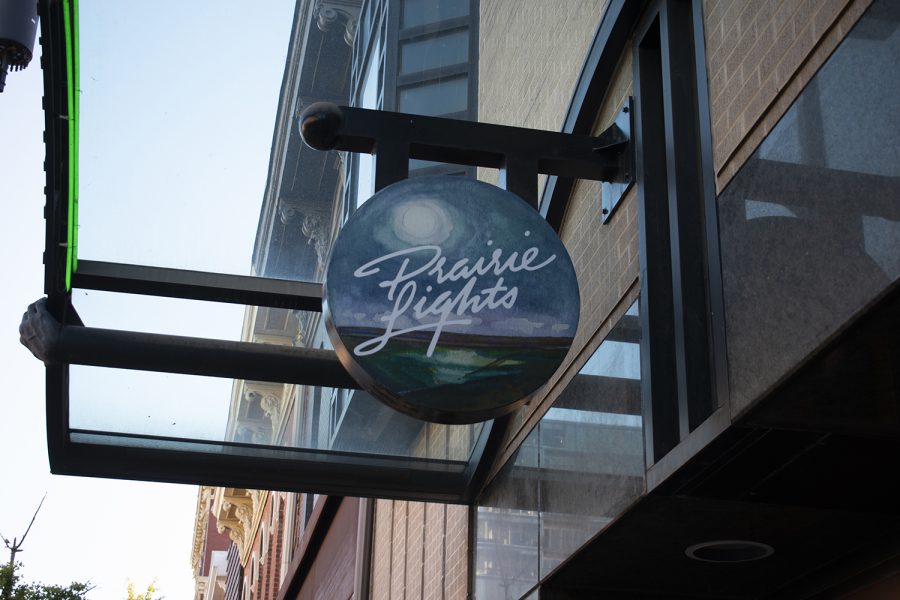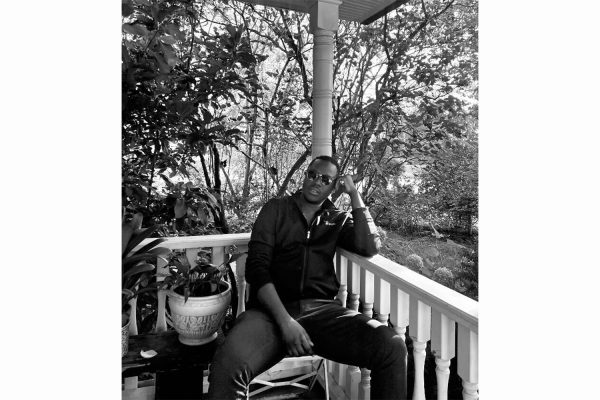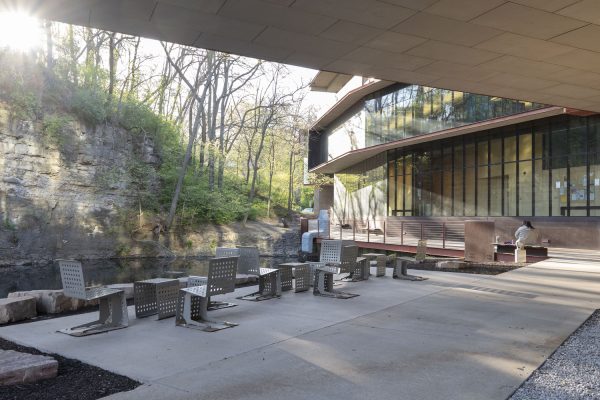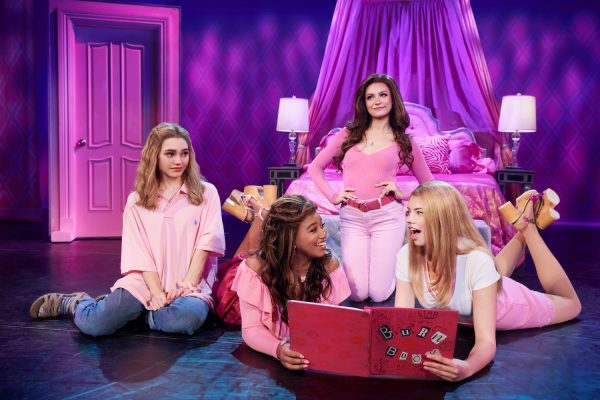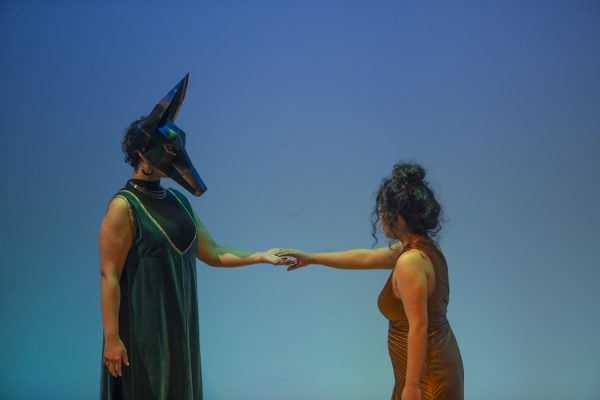Ask The Author | Eileen Myles
Eileen Myles is a poet, novelist, and art journalist, and studied poetry at the University of Massachusetts in Boston before graduating in 1971. Myles will be reading from their newest work of poetry, “a ‘Working Life,’” on April 19 at Prairie Lights.
Prairie Lights is seen in downtown Iowa City on Tuesday, Oct. 12, 2021.
April 20, 2023
Eileen Myles is a poet, novelist, and art journalist whose work has become a touchstone for the identity-fluid internet age. They graduated from the University of Massachusetts in Boston in 1971 and studied poetry. Myles will read from their newest poetry collection, “a ‘Working Life” at Prairie Lights on April 19.
*The Daily Iowan:* When or how did you know that you wanted to be a writer?
Eileen Myles: I think in college really because when I was younger, I think I always kept a journal and I read a lot and I could write. I just never thought it was something I would want to do. In college, it was sort of a default; first I liked literature and realized I was good at responding to it and thought I would be an academic. When I suddenly understood that the writers were the ones that we were studying, I thought, “wouldn’t I rather be one of them?” So, I kind of backed into it in this way. And still, in the first post-college years I had a million other ideas; there was a moment when I realized the only thing, I was doing consistently in all these locations was writing, then I thought, “what if this was it?” And then it was straightforward ever since, which is probably since I was 25.
*DI:* What inspired you to write your piece, “a ‘Working Life’”?
Myles: The sheer accident of it being what I always do; I’m always writing poems. The pandemic was like a holiday of poetry for me because it was like, I had other things I was working on at the time but suddenly, all the infrastructure of my life was kind of pulled away and ways that I rely on certain public structures to kind of distract me and support me; it was all gone. There was nothing but poetry. I was really in a space where I hadn’t been in since I think the ‘70s. So, it was just an experience of freedom and accommodation.
*DI:* Could you talk about the themes that follow throughout “a ‘Working Life’”?
Myles: It’s about landscape, it’s about relationships, it’s about what they call “hyper objects:” this theory about the idea of things that are so big that we live inside of them.
Whether is one, and war is one, the pandemic was one; the dimensionality of that or the subject of that, the being inside something big and unknown is a big part of the subject. And the environment and activism in many ways that weirdly segue with vampires; vampires are big too.
RELATED: Ask the Author | Rebecca Solnit
*DI:* What is something you want readers to take away from this piece?
Myles: That I think being a poet is like a relationship to reality. It’s a practice that you make and do, and you live in, and exactly the way I was talking about these “hyperobjects, I suppose I think being a poet is a hyperobject in itself as a practice; it’s sort of like this nest you’re building. The title literally means, you know, the architects make these working models and I thought, “oh, this is like a working life,” like I’m just making this thing up as I go along through these acts of poetry.
*DI:* What is advice that you would give to aspiring writers?
Myles: I think to write a lot, and to be unafraid to write badly. I think the idea that you must be dogged and then write a poem and then stick to it and fix it and tighten it is just so contrary to my experience of what being a poet is. I mean, I think to write excessively and to not worry about the quality of the work, and then get better at picking your way out of what you’ve made and deciding which ones you value. But I think the first step is to just throw yourself into the act of writing in a playful and anarchistic way. Write in unusual ways in unusual locations and really enjoy the practice like it’s something you can’t help doing too much.



